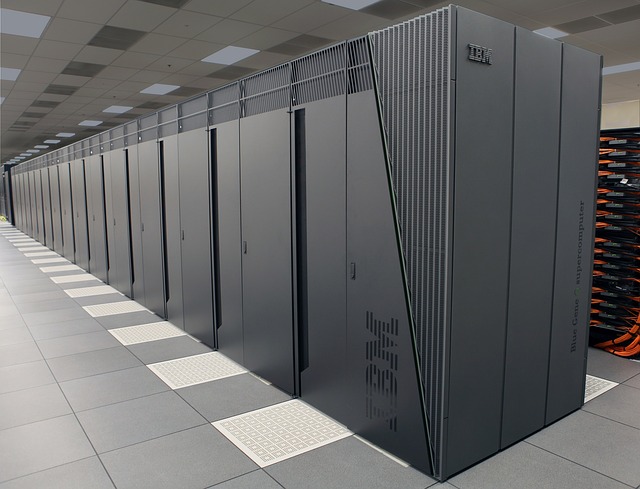--------------------------------------------------
It is crazy to think that in the bad old days, ministers who perhaps knew very little about economics were trusted to make important decisions about such matters as spending and taxation. It was some improvement when the power to set interest rates was transferred to central bankers. But the real breakthrough came when computers became good enough to manage the economy more efficiently than people. The supercomputer Greenspan Two, for example, ran the US economy for twenty years, during which time growth was constant and above the long-term average; there were no price bubbles or crashes; and unemployment stayed low.
Perhaps unsurprisingly, then, the leader in the race for the White House, according to all the (computer conducted and highly accurate) opinion polls is another computer—or at least someone promising to let the computer make all the decisions. Bentham, as it is known, will be able to determine the effects of all policies on the general happiness of the population. Its supporters claim it will effectively remove humans from politics altogether. And because computers have no character flaws or vested interests, Bentham will be a vast improvement on the politicians it would replace. So far, neither the Democrats nor the Republicans have come up with a persuasive counter-argument.
Baggini, J., The Pig That Wants to Be Eaten, 2005, p. 274.
---------------------------------------------------
What do you think? Do you have any knee-jerk reactions to such a scenario? And do you think that depends on your prior personal experiences using Windows, Apple, Unix, or Google computers? I'll be back on Friday with my thoughts on this kind of governance.


